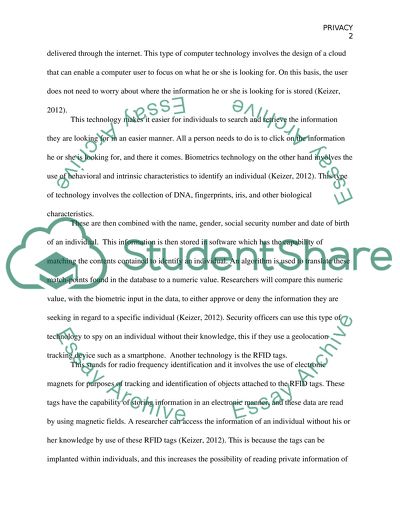Cite this document
(“The Value of Digital Privacy in an Information Technology Age Essay”, n.d.)
Retrieved from https://studentshare.org/law/1477243-the-value-of-digital-privacy-in-an-information
Retrieved from https://studentshare.org/law/1477243-the-value-of-digital-privacy-in-an-information
(The Value of Digital Privacy in an Information Technology Age Essay)
https://studentshare.org/law/1477243-the-value-of-digital-privacy-in-an-information.
https://studentshare.org/law/1477243-the-value-of-digital-privacy-in-an-information.
“The Value of Digital Privacy in an Information Technology Age Essay”, n.d. https://studentshare.org/law/1477243-the-value-of-digital-privacy-in-an-information.


